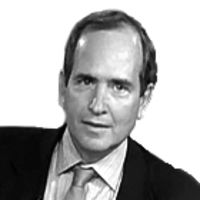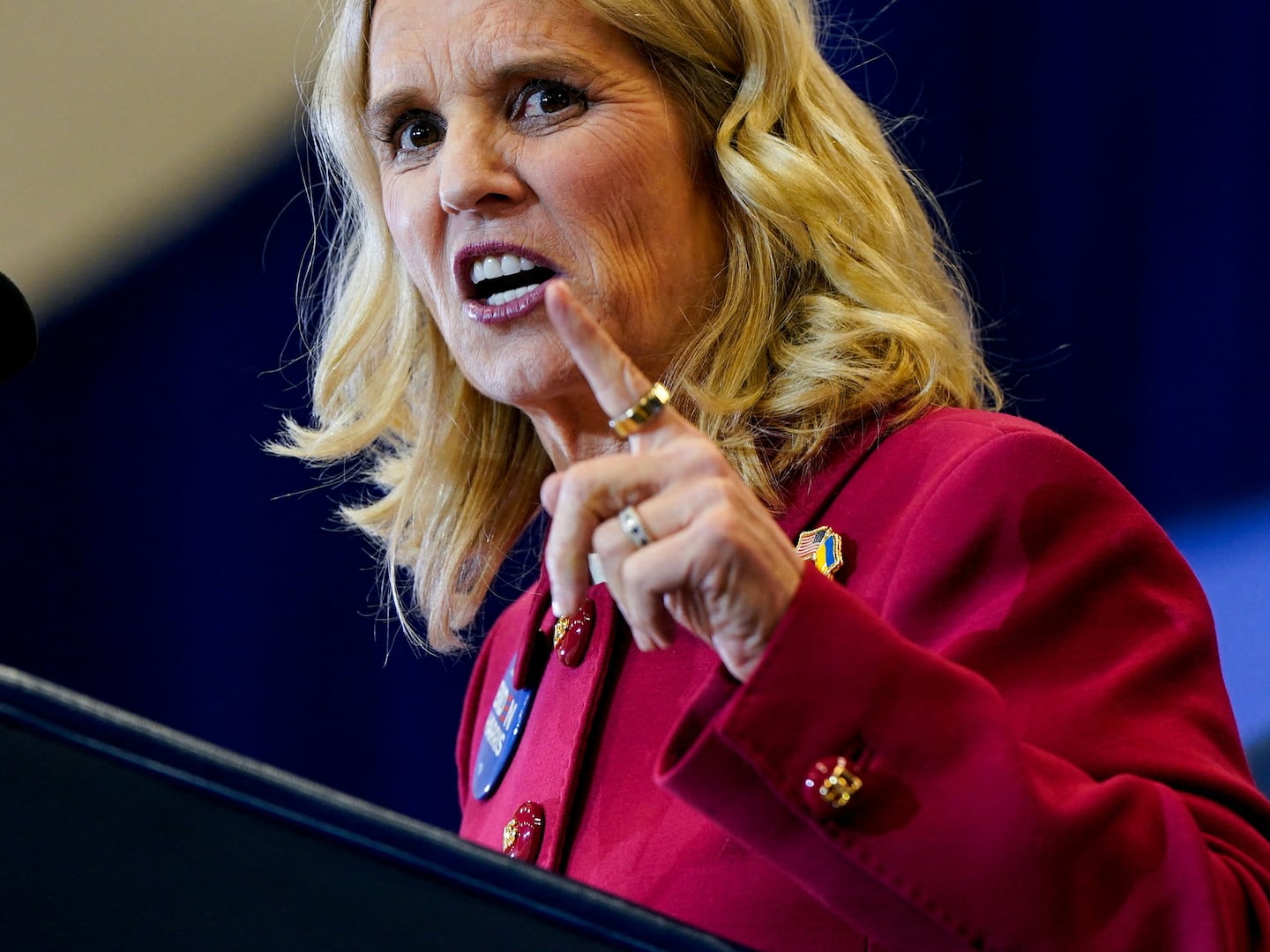
When the remnants of Chicago’s old Democratic “machine” on Saturday passed on endorsing a candidate for Jesse Jackson Jr.’s vacant congressional seat, they offered a window into the weakened state of black politics, President Obama’s modest political influence back home, and even the possibly minimal impact of Connecticut’s school massacre on any debate over guns.
Slatemakers of the Cook County Democratic Party assembled in a diverse working class suburb of Chicago, listened to 16 aspirants for the party imprimatur and anointed nobody, including a leading contender who was arrested for trying to bring a handgun aboard a plane at O’Hare International Airport last week.
Indeed, about the only reference to guns in a seven-hour session was indirect mention of State Sen. Donne Trotter’s recent arrest at O’Hare. In a district where gun violence plagues hundreds of square blocks, that virtual silence came just a day after the shootings at Sandy Hook Elementary School.
So a decidedly “open primary,” as one suburban committeeman put it, beckons on Feb. 26, with the April general election likely going to that winner, given the district’s Democratic makeup. And it thus raises at least the possibility of a white victor to represent an iconic black stronghold in American politics, Chicago’s South Side, especially if the vote is fractured among a large, mostly black field.
The race suggests a generational shift in black leadership, given the opportunity for some very capable, younger black politicians. It will constitute an intriguing city vs. suburban test in a redrawn district. But it might also be a chance for outside PAC dollars to influence a race in ways they did not in the recently concluded presidential campaign.
“It’s all wide open,” said Salim Muwakkil, a Chicago radio host and longtime observer of local politics. “It’s an indication of a lack of disciplined political power among the elite in Chicago.” He noted, too, the decision of Will Burns, a Chicago alderman and very bright former Obama aide, not to run as partly reflecting “how little Obama himself resonates even in the Obama era.”
Obama himself was a political meteor of historic and accidental nature who circumvented most traditional political structures, including the black political establishment and the Daley family. In many ways, he rose despite those lingering power centers in a very balkanized political universe in which then-Mayor Richard M. Daley marginalized all potential black opposition to himself during a 22-year-tenure.
He never cultivated an image as a “black leader,” as was true for the late Harold Washington, the city’s first black mayor whose mid-1980s ascendancy lured a young Obama from New York to do community organizing in Chicago.
Black congressmen have represented Chicago since 1935. These days, the established “leaders” of the black community are generally older and often ineffectual; they include U.S. Reps. Bobby Rush, the former Black Panther, and Danny Davis. Toni Preckwinkle, a cerebral and progressive president of the Cook County Board, is a growing presence.
And, unavoidably these days, there is the whirling dervish of Mayor Rahm Emanuel, who received a large majority of the black vote when he ran for mayor in 2011 as Rush and Rev. Jesse Jackson flailed to find a strong consensus black candidate against him.
Jackson Jr., son of the legendary minister, won reelection in November despite a career and personal life in seeming free-fall. He’d been tainted by the criminal conviction of former Gov. Rod Blagojevich (he denied wrongdoing), targeted by an unrelated federal investigation into his campaign spending (his defense lawyers said in November he was cooperating with the probe), diagnosed with bipolar disorder, and embarrassed by disclosure of an extramarital affair.
He had crushed former U.S. Rep. Deb Halvorson in the primary, two years after she lost her seat to a Republican. But a decidedly undistinguished figure is back to run again in a reconfigured district where about two thirds of the vote are outside the city limits. She would be the most high-profile, and perhaps only, white in a field that would include several very capable black females. She was the only white to come before the committee on Saturday.
Both Muwakkil and Mike Flannery, a respected local TV reporter, note how Jackson Jr. had built what amounted to a solid organization over the years. “He was a factor and represented the next step in the maturation of black politics in Chicago, trying to unit different elements to make black Chicago a more effective political entity,” says Muwakkil.
How many people wind up running, especially in the Democratic primary in February, is obviously important. The district’s lines have markedly changed as Illinois lost a congressional seat due to declining population and redrew the districts as a result. The new district in play now covers wide suburban, even distinctly rural, areas. But it’s remains solidly Democratic.
The most recent special congressional election in Chicago involved the seat of Emanuel after he exited Congress to be Obama’s White House chief of staff. The total vote in that 2009 race was puny and Mike Quigley won with just 12,000 votes, or 22 percent of those cast, in a large field.
The near certainty of a similarly small vote this time, especially given the short duration of the campaign, makes predictions risky. It’s likely that Emanuel, a potential kingmaker, keeps his powder dry, hoping the ultimate winner is a potentially competent ally in Washington.
The centrist, pro-guns Halvorson certainly would seem a wild card. Jackson did “beat her brains out” in this year’s primary, as Flannery puts it. But, he notes, things might have been a bit different if the white Republicans in the suburbs hadn’t opted to vote in the Republican primary, given what remained a choice between Mitt Romney and Rick Santorum. What happens if they crossover and vote in the Democratic primary?
This is also exactly the sort of election where the Supreme Court’s Citizen United decision could have a huge impact if outside PAC money comes pouring in, especially given the modest sums most of the candidates will raise. Several candidates are partial to gun rights, as opposed to gun control, so one could envision groups partial to that cause seeking to sway the outcome.
For sure, there are credible black candidates of a distinctly younger bent than the warhorses of Rush’s and Davis’s generation. They include Toi Hutchinson, a suburban state senator who once worked for Halvorson, and Robin Kelly, a onetime state representative who just left a job as Preckwinkle’s chief administrative officer. Then there’s Napoleon Harris, a businessman and former pro football player, who’s running despite just having won a race for the state Senate last month and thus not having even served a day.
It’s all quite jumbled and one could see a transition to a new era of black leadership in the president’s hometown.
Then, again, said Flannery, “Jackson’s seat could well go to a white woman.”






